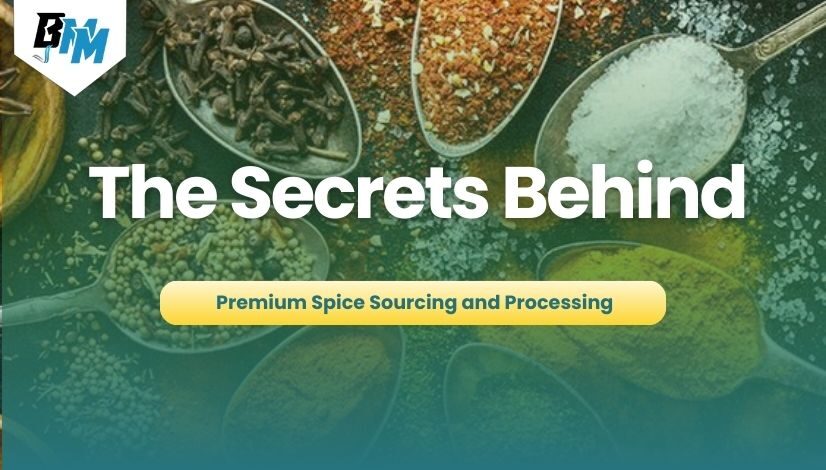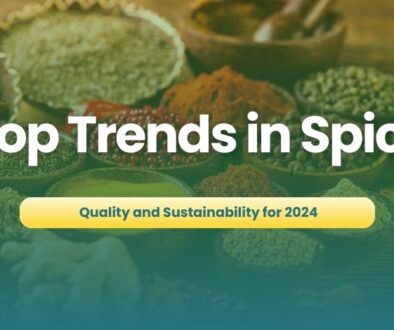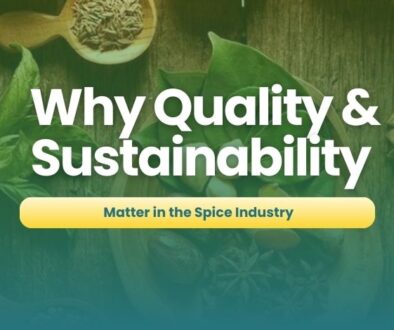The Secrets Behind Premium Spice Sourcing and Processing
Selecting the Best Spice Sources
Understanding the Origin
The journey to premium spices begins with understanding the origin of the spices. The geographical location, climate, and soil conditions where the spices are grown play a crucial role in their quality. For example, cinnamon from Sri Lanka, known as Ceylon cinnamon, is renowned for its delicate flavor and high quality. Similarly, turmeric from India is prized for its vibrant color and potent health benefits. Identifying and sourcing spices from regions with the best growing conditions is the first step in ensuring premium quality.
Building Relationships with Farmers
Establishing strong relationships with local farmers is essential for sourcing high-quality spices. Direct trade relationships ensure that farmers are fairly compensated and motivated to produce the best crops. This approach not only guarantees better quality spices but also supports sustainable and ethical farming practices. Companies that invest in these relationships often gain access to exclusive and top-tier spice varieties.
Ensuring Optimal Processing Methods
Traditional and Modern Techniques
The processing of spices significantly impacts their quality, flavor, and shelf life. Traditional methods, such as sun-drying and hand-picking, are often preferred for maintaining the natural essence of the spices. However, integrating modern technology, such as controlled drying environments and automated sorting, can enhance consistency and efficiency. A blend of traditional and modern techniques ensures that the spices retain their authentic flavors while meeting modern quality standards.
Quality Control and Hygiene
Maintaining strict quality control and hygiene standards is paramount in the spice processing industry. This involves rigorous testing for contaminants, including pesticides and pathogens, to ensure the spices are safe for consumption. Additionally, proper packaging techniques are crucial to preserving the freshness and potency of the spices. Vacuum sealing and airtight containers help in extending the shelf life while protecting the spices from moisture and air exposure.
The Importance of Ethical Practices
Fair Trade and Sustainability
Premium spice sourcing and processing are not just about quality; they are also about ethical practices. Fair trade certifications ensure that farmers receive fair wages and work in safe conditions. Sustainable farming practices, such as organic farming and minimal pesticide use, are essential for protecting the environment and maintaining soil health. Companies committed to these ethical standards often produce superior quality spices that resonate with environmentally conscious consumers.
Transparency and Traceability
Transparency and traceability are critical in the spice industry. Consumers are increasingly interested in knowing where their spices come from and how they are processed. Providing detailed information about the sourcing and processing methods builds trust and loyalty among consumers. Traceability systems, such as blockchain technology, can track the journey of spices from farm to table, ensuring transparency at every step.
Conclusion
The secrets behind premium spice sourcing and processing lie in understanding the origin, building strong relationships with farmers, ensuring optimal processing methods, and maintaining ethical practices. By focusing on these aspects, spice companies can deliver high-quality, flavorful, and ethically sourced spices that meet consumer demand and stand out in the competitive market. Prioritizing these elements is essential for achieving excellence in the spice industry.



